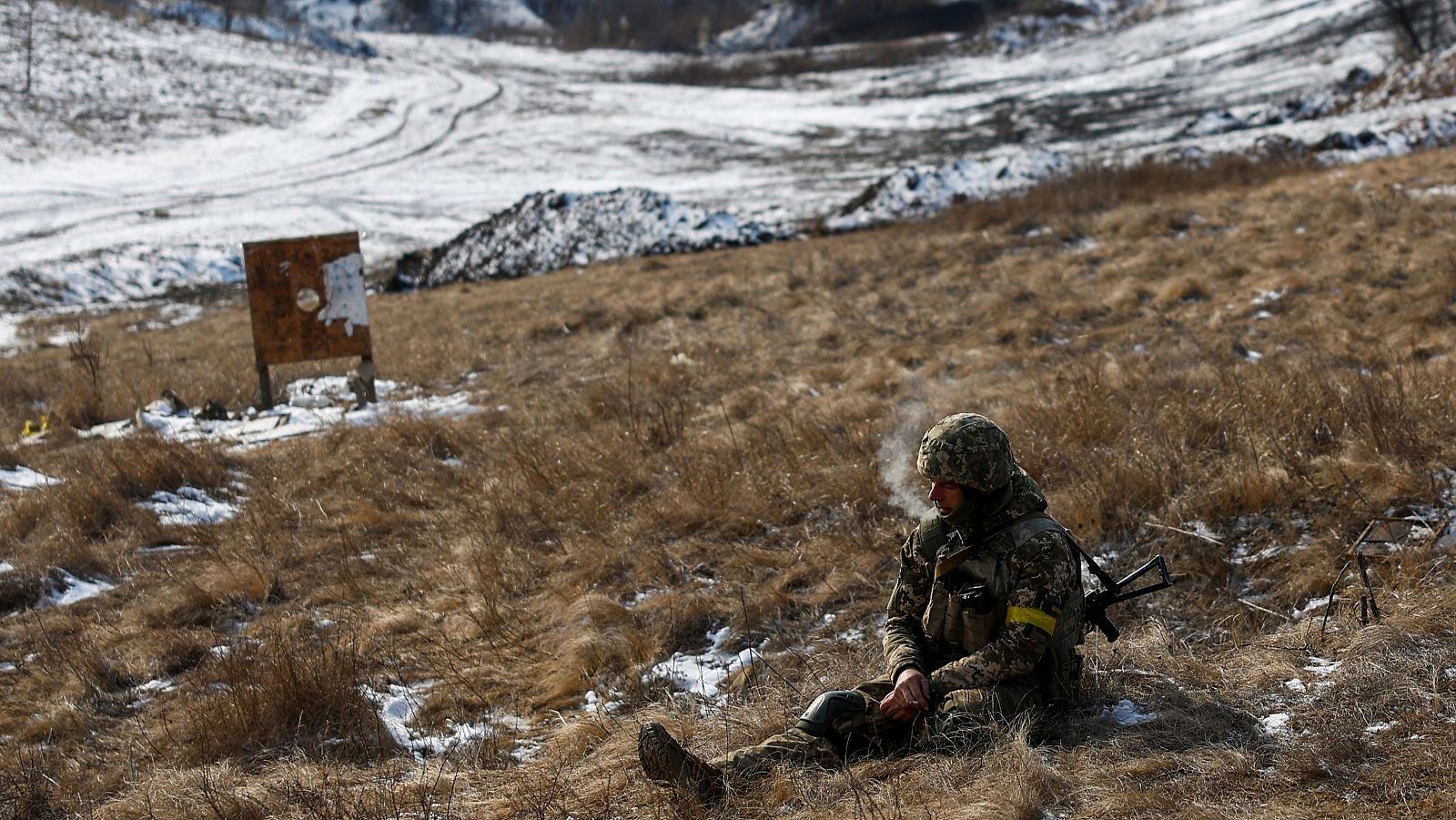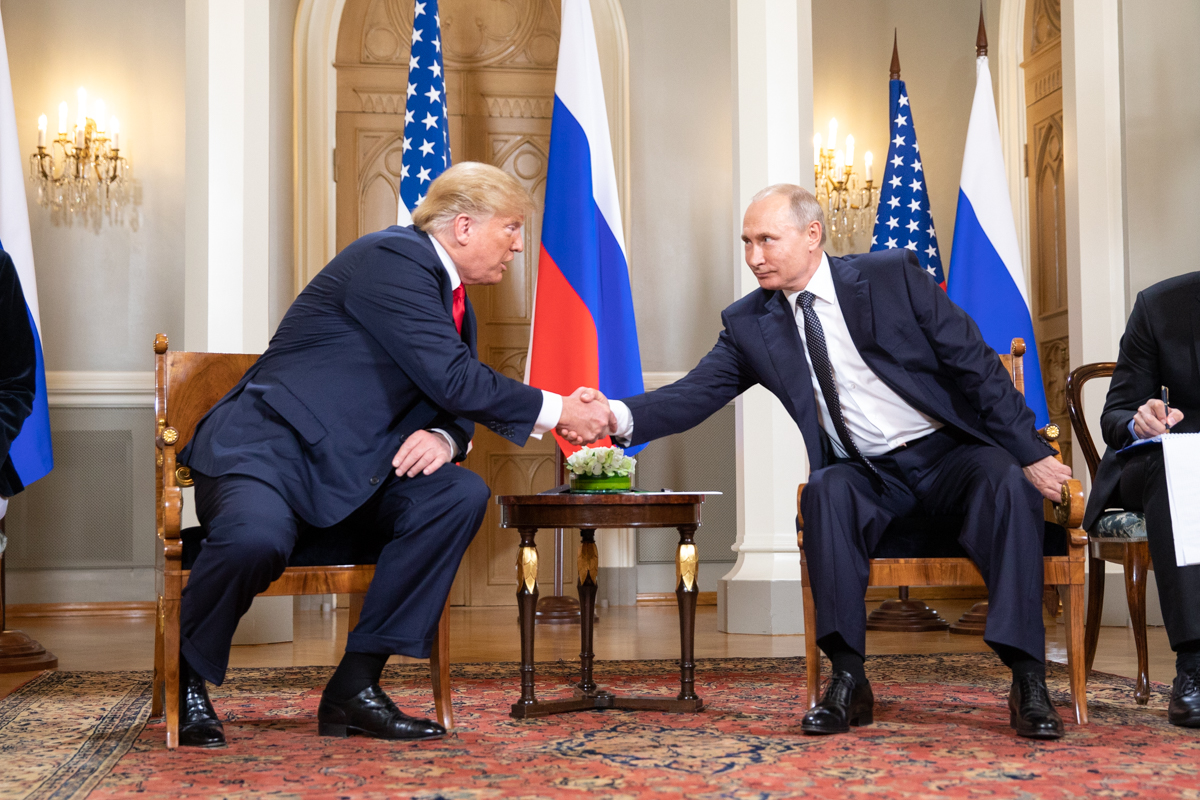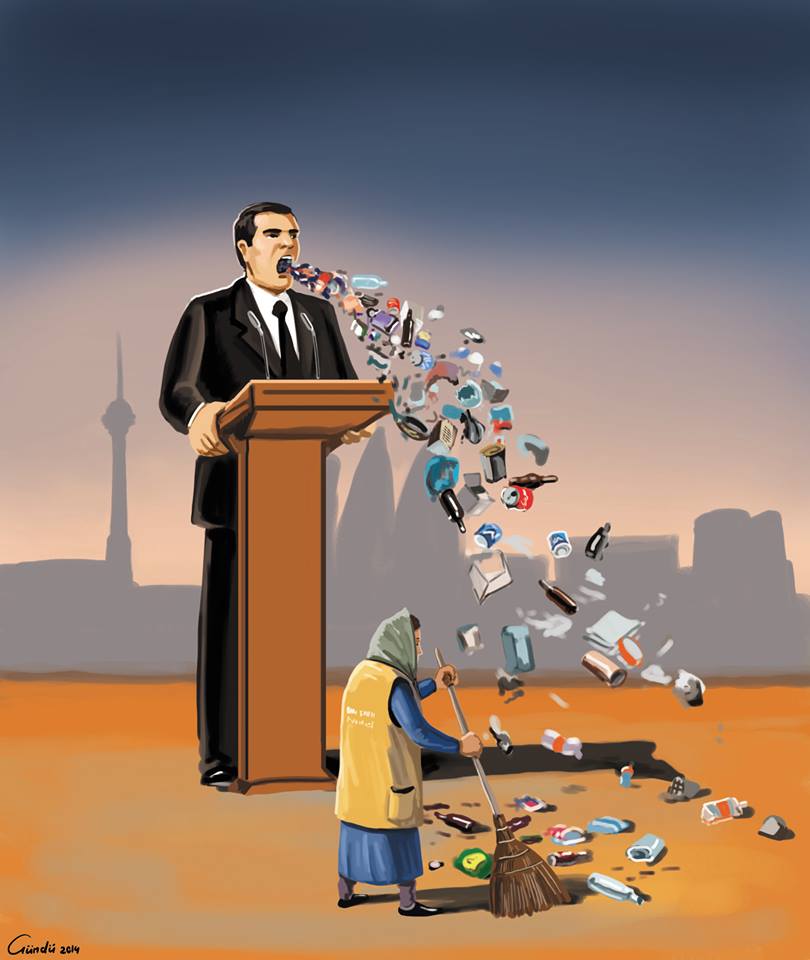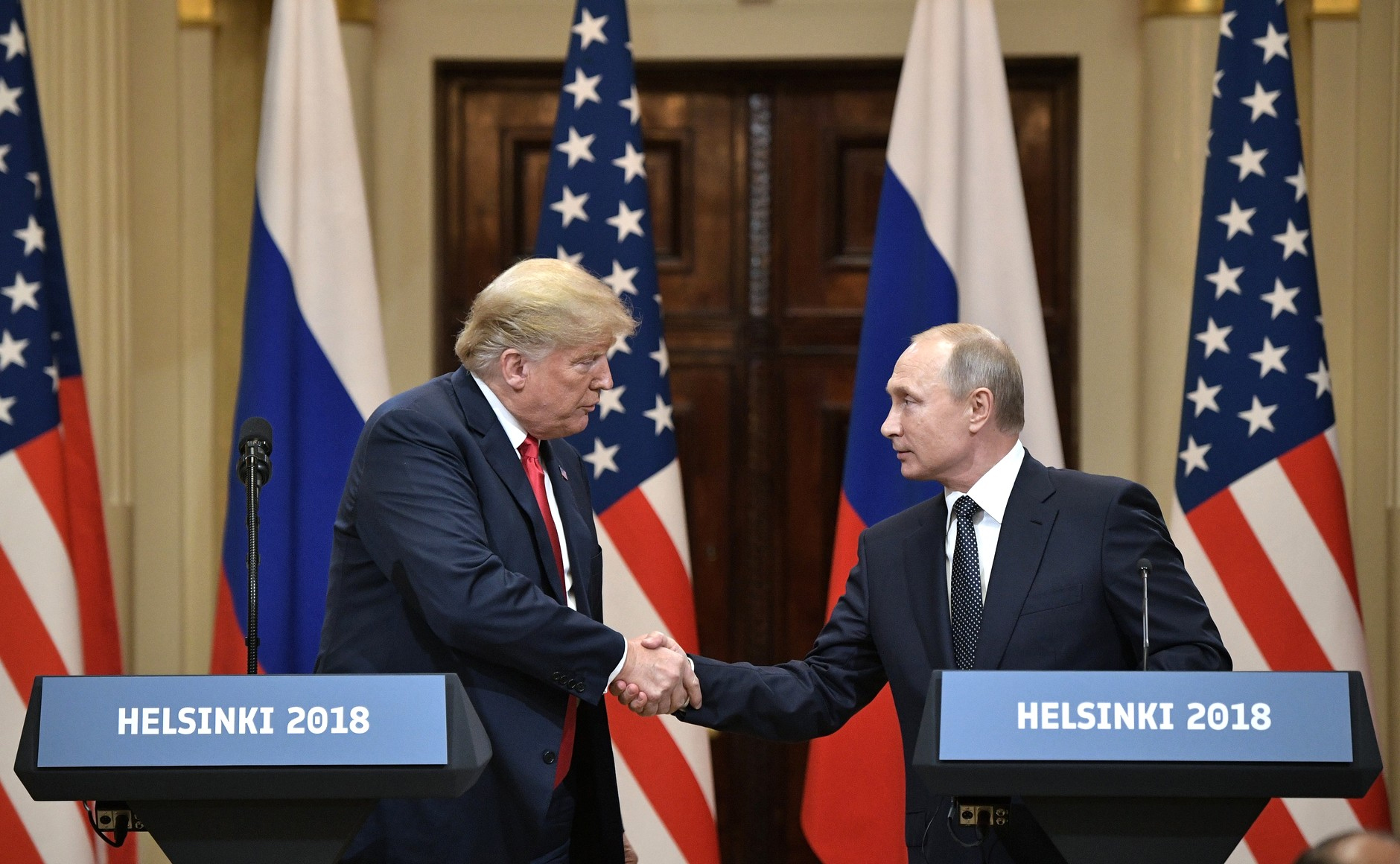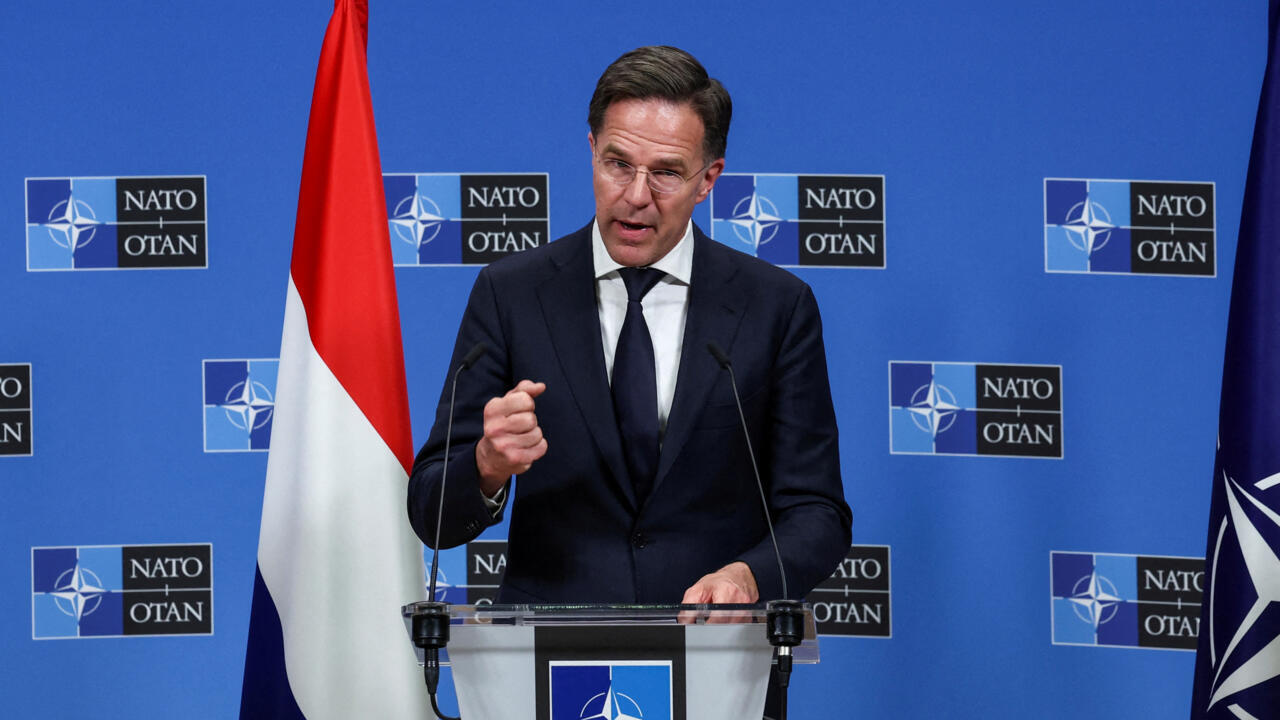US and Russia meet today in Saudi Arabia as Europe watches sideways
- Since the beginning of the war in Ukraine, the two powers have not sat back at the same table. They will negotiate how to end the war. However, the President of Ukraine has said that he will not accept anything that is agreed at this table, since he has not been invited.
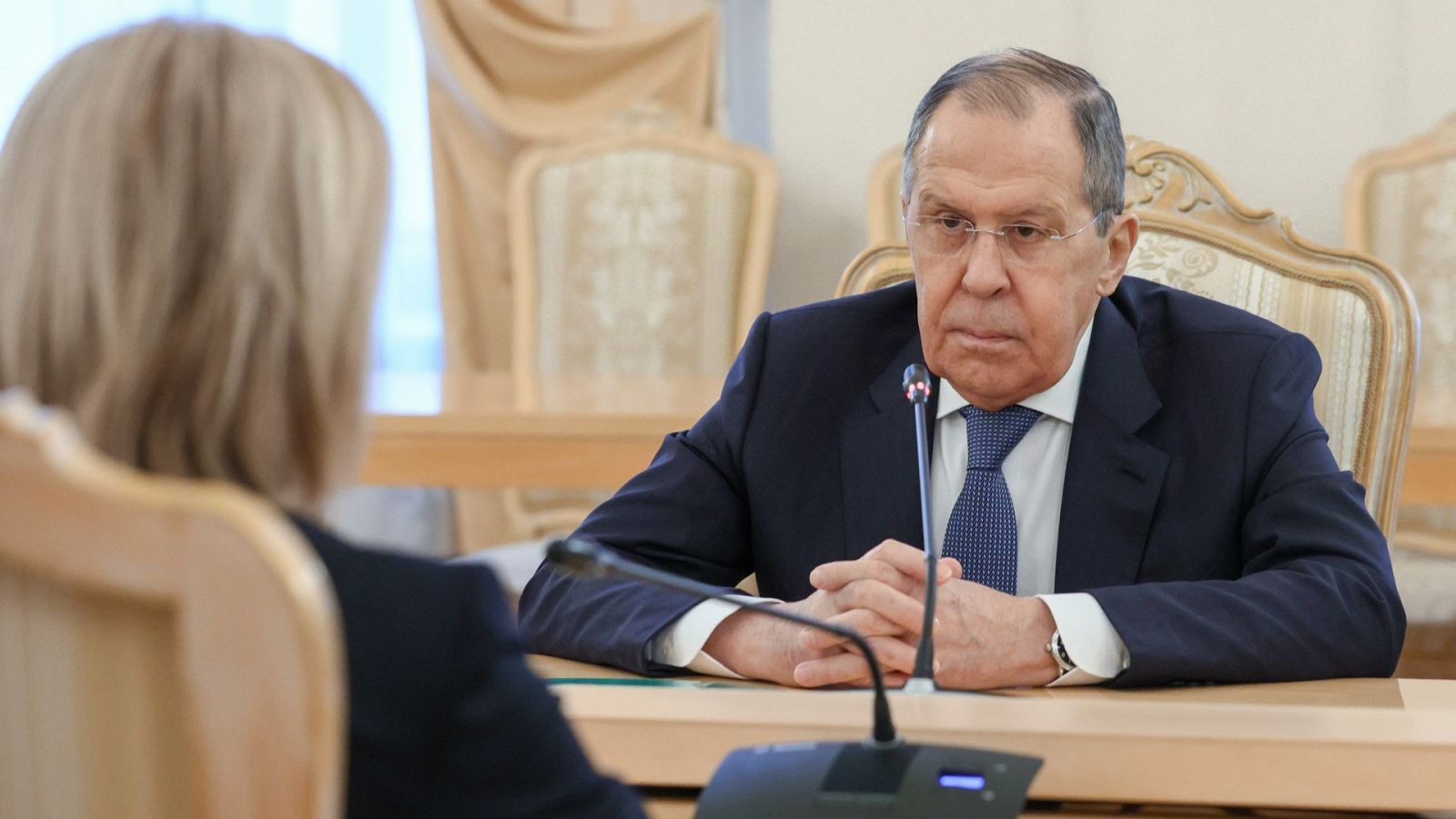
Donald Trump pledged to end the war in Ukraine “the first day after he took office,” and although that hasn’t happened yet, the new president of the United States has been put to work. Trump and Putin had an hour-and-a-half phone call last Wednesday, “in a polite tone,” according to the White House, and both seemed to agree to end the war in Ukraine “as soon as possible.” Once he had spoken to Putin, he called on the President of Ukraine, Volodimir Zelenski, to inform him of his conversation with the former, without giving the latter time to manoeuvre. This gesture showed that the new US administration will not maintain the foreign policy of its predecessor.
NATO leaders held a Security Conference this weekend in Germany, Munich, where the US also gave a clear message: they will not accept Ukraine’s entry into NATO – something that Joe Biden had already opened the door to – and that the US at its negotiating table with Russia may not put at the center a series of measures that may be important for Ukrainians. Discontent for Europe – Europe has given Ukraine 13.3 billion euros more than the US – but especially an unpleasant forecast for Ukraine.
In this context, the representatives of the United States and Russia will meet on Tuesday in Saudi Arabia.Three delegates shall sit on each side: U.S. Secretary of State Marco Rubio, National Security Adviser Michael Waltz and Special Envoy for the Middle East Steve Witkopp; and Russian Foreign Minister Sergey Lavrov, his adviser Yuri Ushakov and Kirill Dmitriev, head of Russia’s sovereign wealth fund.
No more agents have been invited, and he will not do so for the moment. Ukraine and Russia will not be placed on an equal footing, and Europe has asked for a place at this table, but it will not be given. First of all, because they don’t want to; we read to the Russian Lavrov: "I don't understand why we should invite them. They will want to freeze the conflict through the back door because they intend to continue the war in terms of custom and character, because it interests them."
They also have another reason not to invite Europe: Europe does not have a single opinion at all.
Europe: As Much As Borders
At the Elysée Palace in Paris, France convened an "extraordinary and urgent informal meeting" for Monday, which was attended by representatives of seven more European states, as well as delegations from the European Commission, the Council of Europe and NATO.
Although each defended his position, they came to this general agreement: "strengthen joint defence", beyond Ukraine, with each country increasing its military spending. But there are discrepancies: some states, including Spain, have not reached the 2% of GDP barrier, NATO has 3% as its target and the US demands at least 3.5%, even 5%. They are putting pressure on each other with this issue: for example, as El País says, in 2029 Spain’s military spending would reach 2% of GDP, and it would have to spend EUR 36 billion on it.
In any case, and looking at Ukraine, what remains undecided is whether or not troops will be sent to Ukraine to establish peace. One option is to send United Nations Blue Berets, but the UN was not invited to the meeting.
Data: The global arms industry increases by 7.4% from 2023 to 2024
The United Kingdom, for its part, plans to continue supplying arms to Ukraine, at least until 2030, in recognition of its significant investments in the arms industry, while Germany, on Sunday, on the eve of the elections and in the environment of what all indications are that the Social Democrats will lose their authority, contrary to German public opinion, has said that it is too early to talk about peace and that with Russia, which does not invite Ukraine, peace cannot be expected.
Telefono bidez eginiko bileran, bi agintariek adostu dute Moskuk ez diola erasorik egingo Ukrainako azpiegitura energetikoari hurrengo 30 egunetan. Ukrainak eta Errusiak 175na preso askatu beharko dituztela iragarri dute, baina ez noiz.
Europa mailako ekimen kolektibo batek bakearen, irtenbide diplomatikoen eta armagabetzearen aldeko manifestua idatzi eta sinadura bilketa hasi du. Manifestuak dioenez, intelektualak, herritarrak bezala, “anestesiatuta daude”. Europako agintarien jokamoldea, NATOren... [+]
Vladimir Putinek interesa agertu du AEBek eta Ukrainak adostu duten 30 eguneko menia epeaz, baina zalantzak ere plazaratu ditu. Funtsean, ez du presarik erakutsi akordioa sinatzeko eta denbora gehiago eskatu du zalantzok argitu ahal izateko.
Mikel Jauregi Industria sailburuaren ustez, euskal enpresek “lan ona” egin dezakete Europaren “segurtasun estrategia babesten”. Eusko Jaurlaritzako bozeramaile Maria Ubarretxenak, berriz, berrarmatze asmoek “aukera berriak” ekar ditzaketela... [+]
Saudi Arabian elkartu dira AEBetako eta Ukrainako ordezkariak, eta zortzi ordu iraun duten negoziazioek fruitua eman dute. Etxe Zuriak Ukrainarentzako laguntza militarra berrabiaraztea erabaki du.
Europar Kontseiluak onartu du Ursula Von der Leyenek gastu militarrean proposatu duen 800.000 milioi euroko gastuarekin aurrera egitea. Horretarako bi arrazoi nagusi argudiatu ditu: Errusiari aurrea egitea eta Europar Batasunak aurrerantzean bere burua AEBen babes militarrik... [+]
Etxe Zurian edukitako liskarraren ostean, eskainitako laguntza "konponbide batera bideratuta" dagoela ziurtatu nahi du Trumpek. Zelenskiren arabera, Kievek bizirauteko aukera gutxi izango lituzke AEBen laguntza militarrik gabe.
Hala iragarri du Keir Starmer Erresuma Batuko lehen ministroak Londresen eginiko goi bileran. Etxe Zurian Trumpek Zelenskiren aurka egin ostean, izandako eztabaidaren aurrean, Europako buruzagiek babesa adierazi diote Ukrainako presidenteari.
AEBek Ukrainako gerraren aurrean egindako jarrera aldaketaren barruan, “lur arraroak” deiturikoak negoziaziorako gai nagusi bilakatu dira Volodymyr Zelenskyren eta Donald Trumpen artean. Lehenak nahi du AEBek bere segurtasuna bermatu dezatela Errusiaren aurrean,... [+]
Jarritako kondenak barkatzearen truke, armadara batu da preso andana. Azken urtean, errekrutatze-legeak gogortu ditu gobernuak.
Palestinan genozidioa, Europan gerra eta potentzia nuklearren artean tentsioa. Ez daukagu berri on askorik emateko, baina bada bat, hondamendi orokorretik eratorria, aipatzea merezi duena: aldeko baldintzak sortzen ari dira kontrainformaziorako, informazio independenterako,... [+]









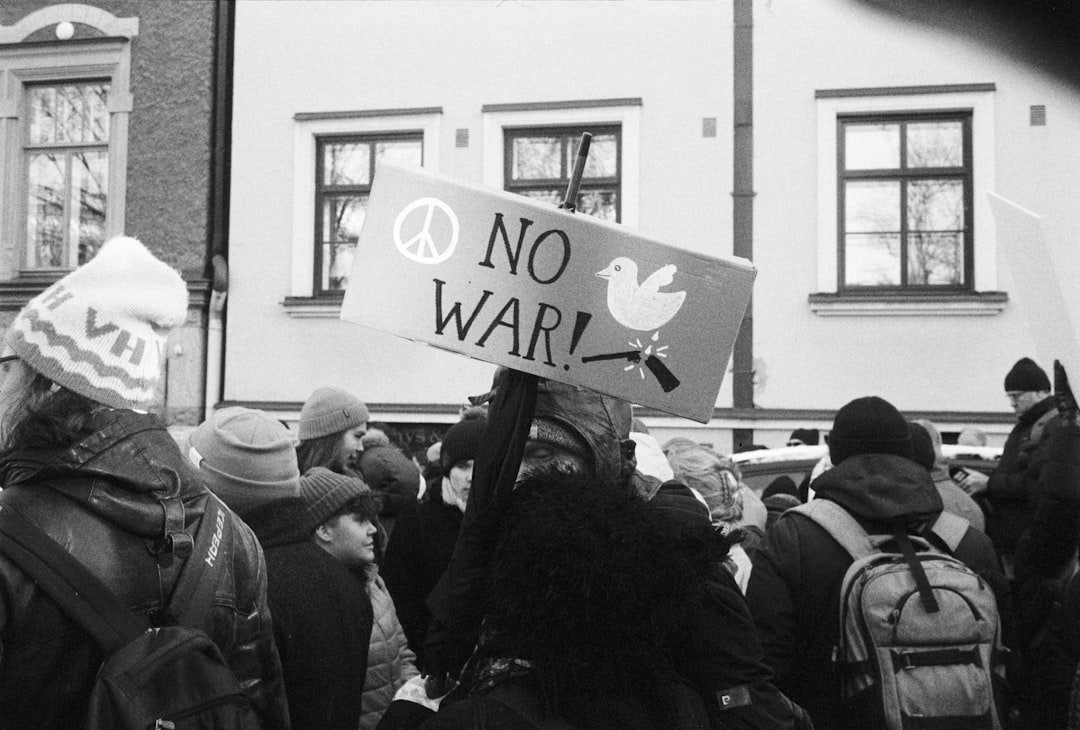
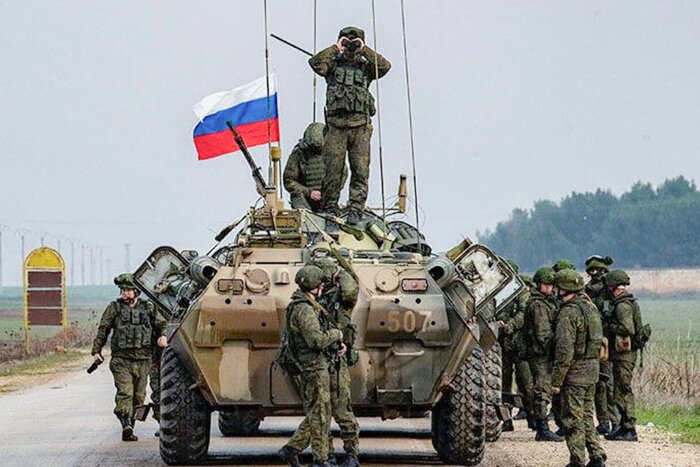
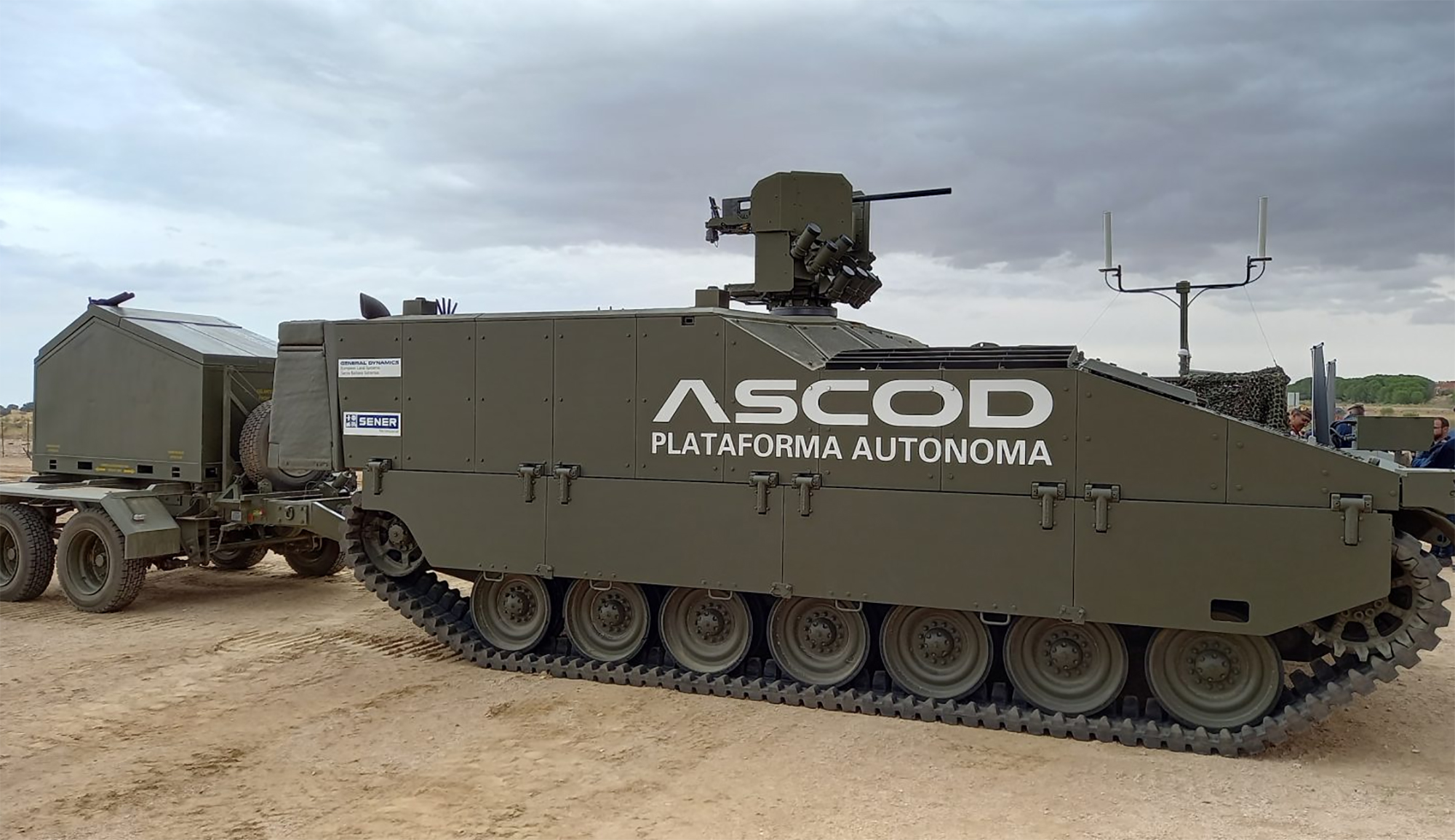
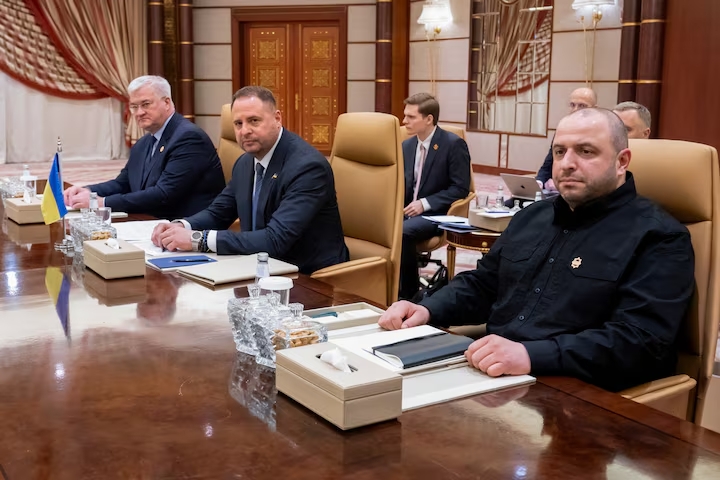

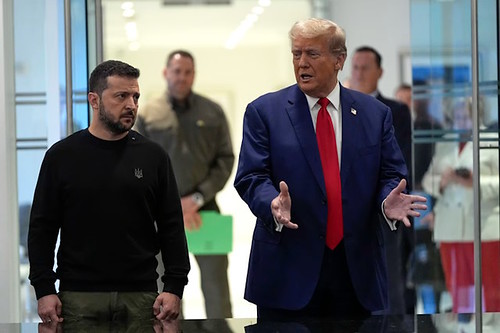
.jpg)

